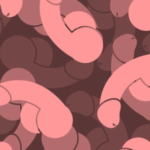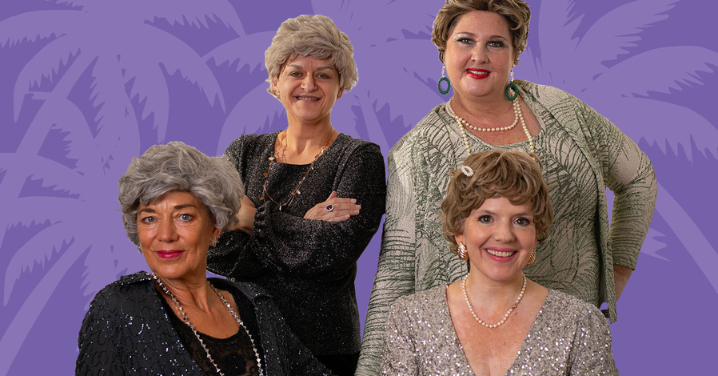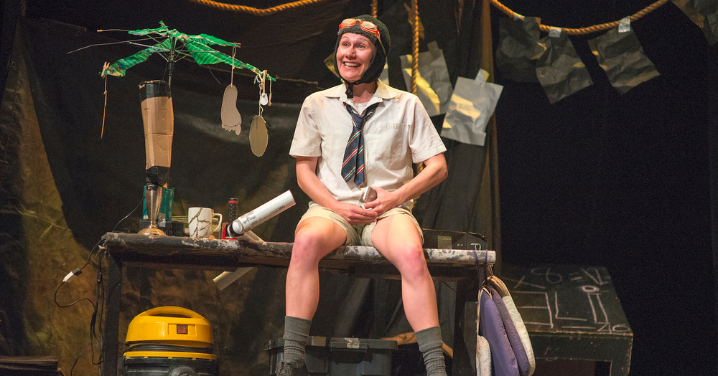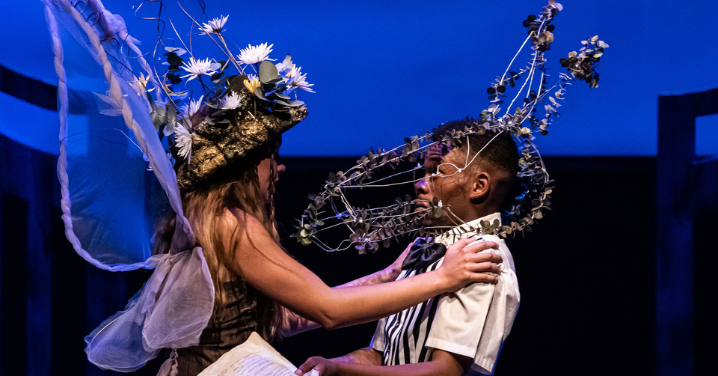Let’s embark on a journey, revisiting the narrative landscape of a popular childhood favourite, The Fairly OddParents. On the surface, this animated series spins the tale of a 10-year-old lad named Timmy Turner, neglected by his oblivious parents and tormented by his vicious babysitter, Vicky. In this dismal existence, a glimmer of hope emerges as he is blessed with two fairy godparents, Cosmo and Wanda, who wield their magic to ameliorate his dismal existence.

Most of us, through our own childhood viewing or through shared screen time with younger relatives, have encountered Timmy and his whimsical world. As in my previous exposés on Courage the Cowardly Dog and Mort, let’s delve deeper into The Fairly OddParents and unearth a more sinister, darker interpretation of the story.
Growing up, I often found myself green with envy over Timmy and his magical, wish-granting fish-cum-fairies. They were a delight, infusing every episode with their charm and humour, even though their well-intentioned wishes often backfired, unleashing chaos and confusion.
However, a theory I subscribe to posits that Timmy is simply imagining everything. His pet fish are merely that—ordinary fish. The fairies, their magic, and the fantastical adventures they embark on are figments of his overactive imagination. Consider this: the fairies grant farcical wishes that somehow never materialise into permanent changes. Each episode invariably ends in catastrophe, yet everything miraculously reverts to the status quo. The wishes, like fleeting dreams, dissolve into nothingness.
My conjecture is that Timmy’s fixation on his ‘God Parents’ stems from a deeper tragedy. They could have been real figures in his life, who, unfortunately, met a tragic demise. This traumatic event plunges him into the depths of depression, which subsequently manifests in hallucinations of his deceased godparents as fairies.
Why does he start seeing them? The most plausible explanation is that Timmy, at the tender age of ten, is prescribed antidepressants, and the fairies are a direct hallucinogenic consequence of his medication. It’s no coincidence that they first appear on a dark, gloomy day, instantly transforming his bleak reality into a world of magic and miracles. They materialise precisely when he needs them the most.
The two fairy godparents symbolise two popular antidepressants: Zoloft and Prozac. Cosmo, with his infectious exuberance, is akin to Zoloft, known for inducing feelings of joy and excitement. In contrast, the practical and focused Wanda mirrors Prozac, renowned for promoting analytical thinking. The distinct attributes of these antidepressants align seamlessly with the character arcs of the fairies.

However, when Timmy oversteps his bounds, exploiting ‘magic’—a metaphor for the antidepressants—he inevitably lands in hot water.
One can’t overlook Mister Crocker, Timmy’s schoolteacher, who harbours an unhealthy obsession with the fairies, claiming to have been their ward in the past. His extreme fixation and erratic behaviour potentially hint at a grim reality—Crocker might be grappling with drug addiction.
Disturbingly, Mister Crocker could symbolise a more sinister threat. Timmy is convinced that his teacher is out to seize his metaphorical fairies, which, in the harsh light of reality, could symbolise his ‘innocence, joy, hope and good wishes for the future’. This raises the unsettling possibility that Mr. Crocker might have made inappropriate advances towards Timmy, explaining the latter’s extreme wariness towards him.

And then there’s Vicky, the malicious babysitter. Timmy harbours a deep-rooted fear of her, and rightfully so. The series doesn’t shy away from depicting Vicky as a 16-year-old tyrant, relentlessly abusive towards Timmy. Overwhelmed by fear, Timmy remains silent, striving to evade her at every turn.

Chester McBadbat and A.J. are Timmy’s best friends in the show. In this dark interpretation of The Fairly Odd Parents, they can be seen as Timmy’s support system. Chester, who comes from a low-income family and often wears a brace, is a symbol of resilience and perseverance. His unwavering friendship with Timmy can be seen as Timmy’s lifeline, a beacon of hope in his otherwise dismal life. A.J., on the other hand, is a child prodigy from a well-off family. His intelligence and calm demeanour can be seen as a source of stability for Timmy. Together, they provide a semblance of normalcy and camaraderie in Timmy’s life.

Jorgen von Strangle is the toughest fairy in the Fairy World and is known for his strict adherence to Da Rules, the guidebook for all fairy godparents. In the context of this theory, Jorgen can be interpreted as the harsh reality that checks Timmy’s escapism. His enforcement of rules and restrictions on Timmy’s wishes could symbolize the limitations of medication and the reality that not everything can be fixed with a simple wish or a pill.

Tootie is Vicky’s younger sister, who harbours a not-so-secret crush on Timmy. Despite her sister’s ill-treatment of Timmy, Tootie remains infatuated with him. She represents another form of escape for Timmy – one that is tied to affection and love, rather than fear and oppression. Her character could be a metaphor for the young love and innocence that Timmy clings to in his tumultuous life.

The characters of Mom and Dad are perhaps the most troubling in this dark narrative. They are depicted as neglectful parents, often oblivious to Timmy’s struggles and Vicky’s abusive nature. In this interpretation, they serve as a critique of parents who, whether intentionally or not, fail to recognise the signs of distress in their children. They represent societal ignorance and indifference towards child abuse and mental health issues.

At his core, Timmy is an average kid, a misunderstood soul navigating a world of adult indifference and insensitivity. Confronted with traumatic experiences of indeterminate origins, he battles daily tribulations and trials. The ‘magic’, or rather, the medication, serves as a coping mechanism, a temporary escape from his grim reality. Despite his adversities, he musters the courage to face each day, always on guard against the abusive adults that populate his world.
In this light, The Fairly OddParents transcends the realm of simple entertainment, emerging as a poignant commentary on the often overlooked issue of childhood mental health. It forces us to confront the uncomfortable truth that beneath the veneer of a seemingly innocuous cartoon, lies a dark narrative of abuse, neglect, and mental health struggles.

























+ There are no comments
Add yours